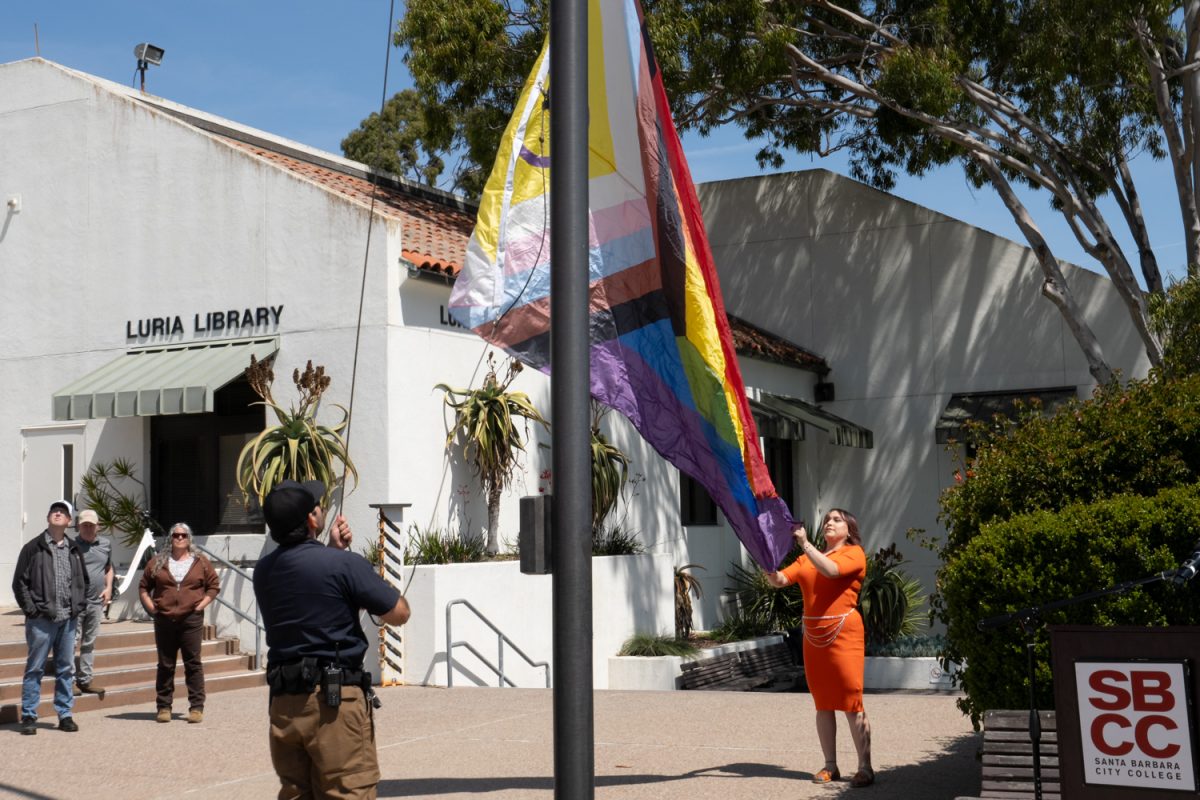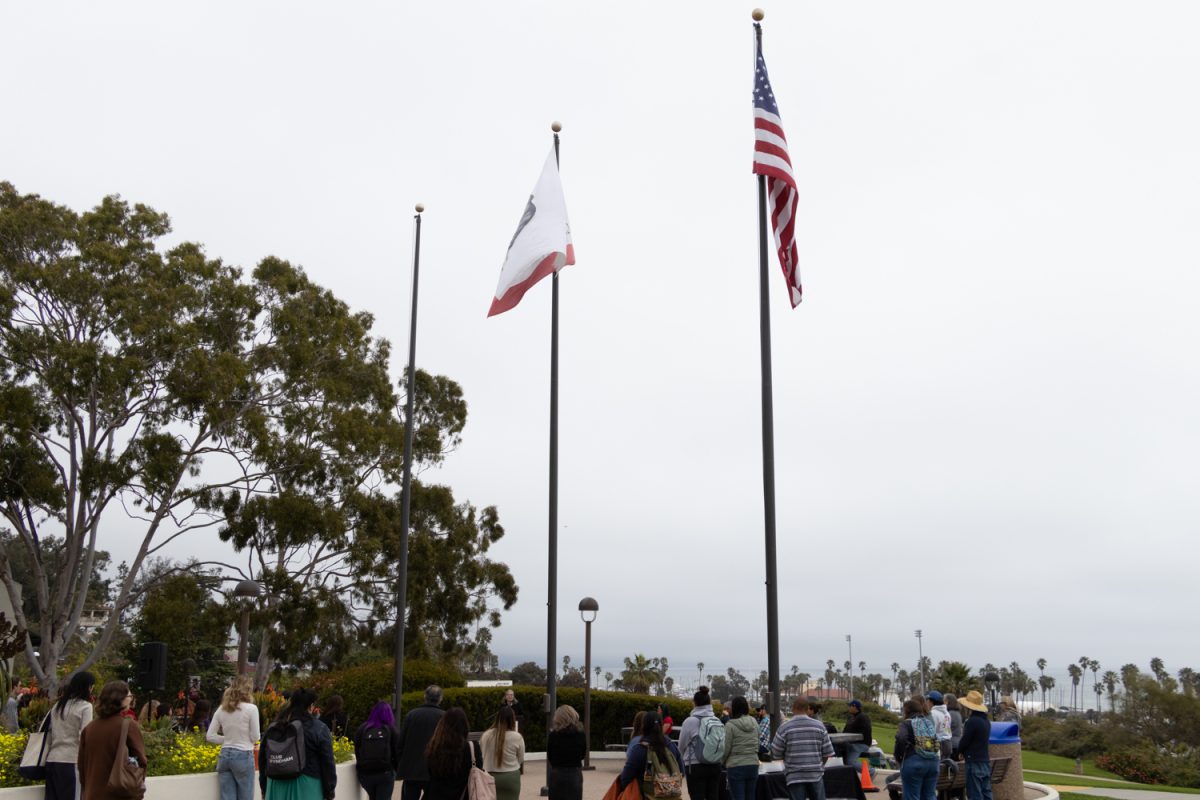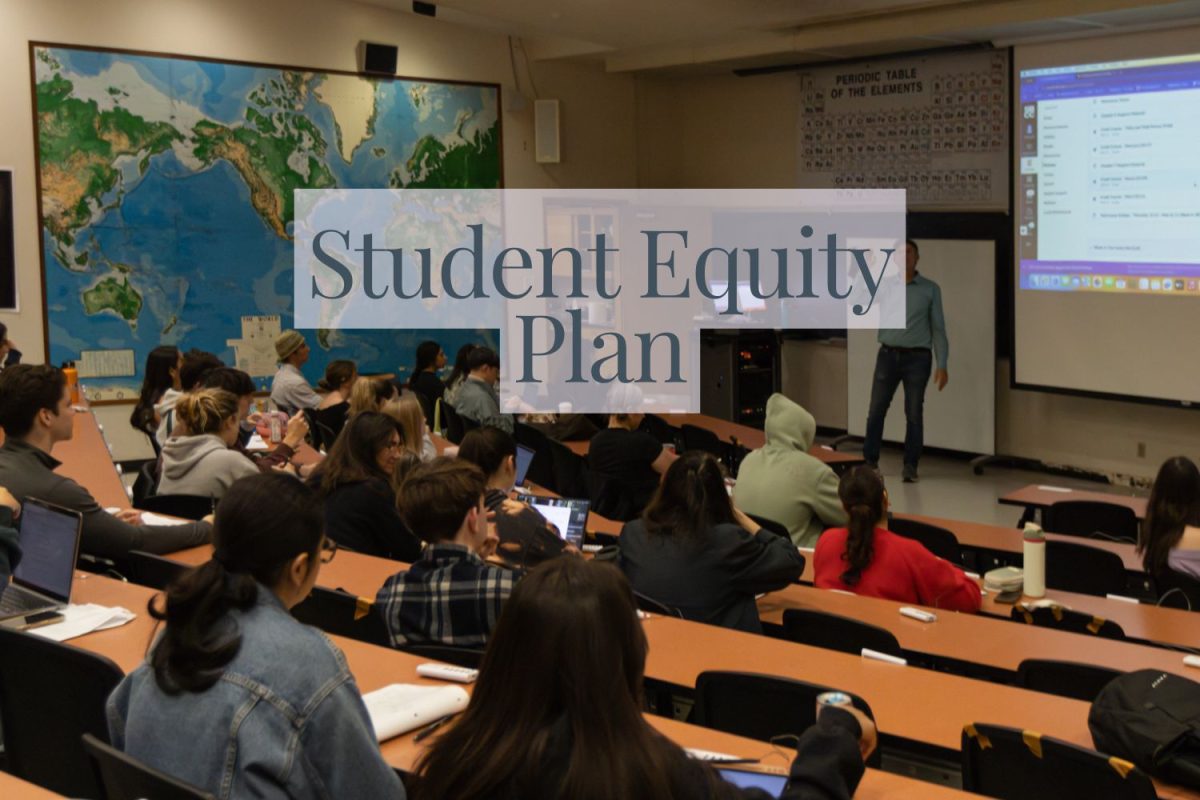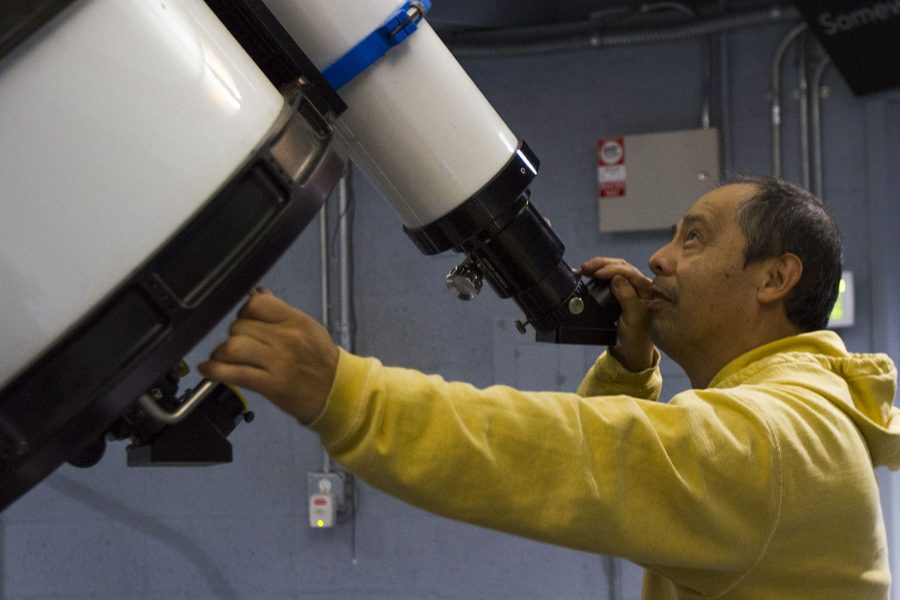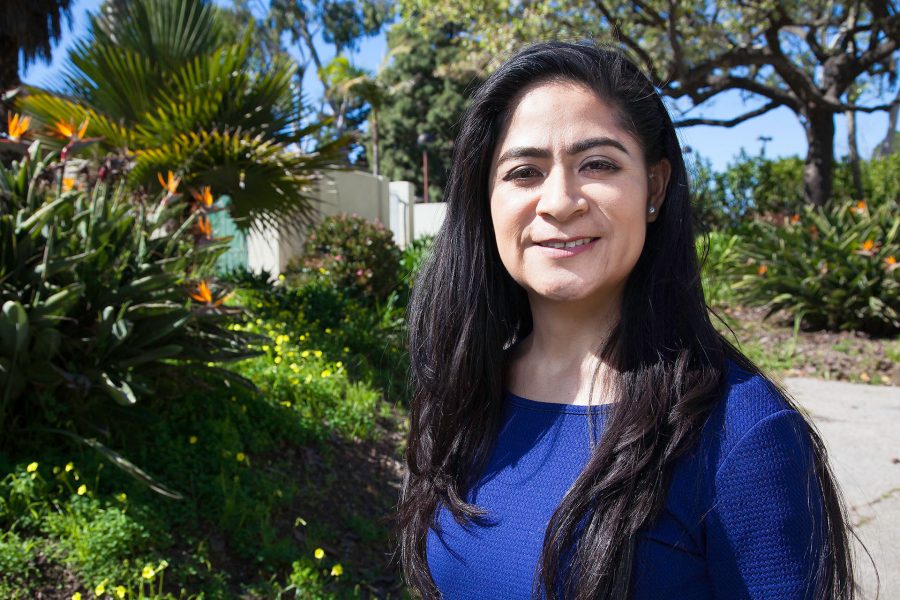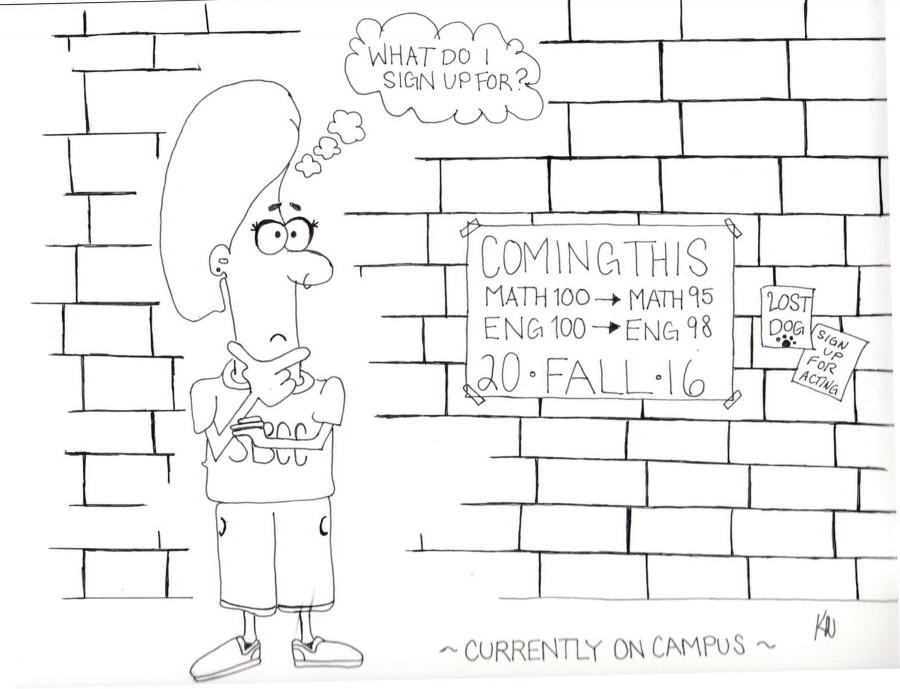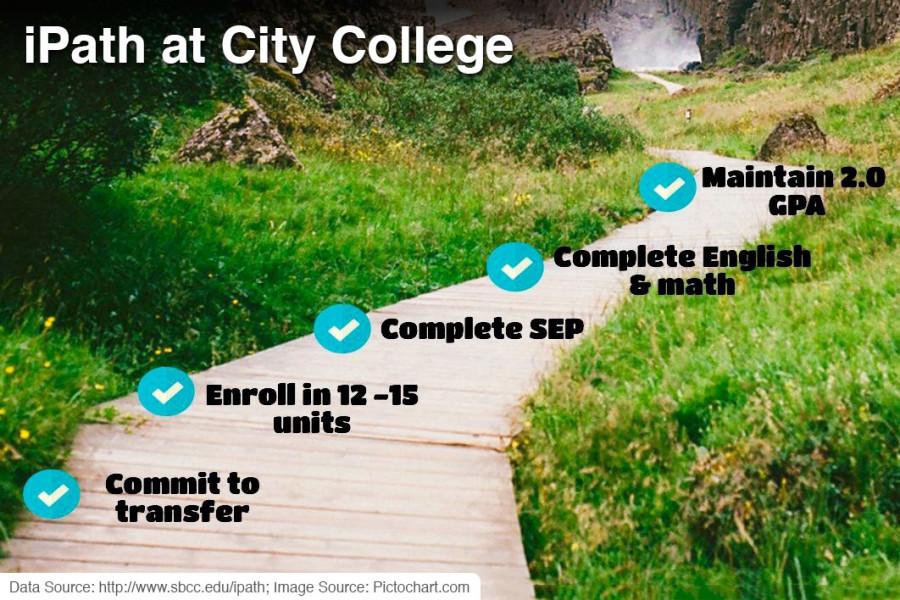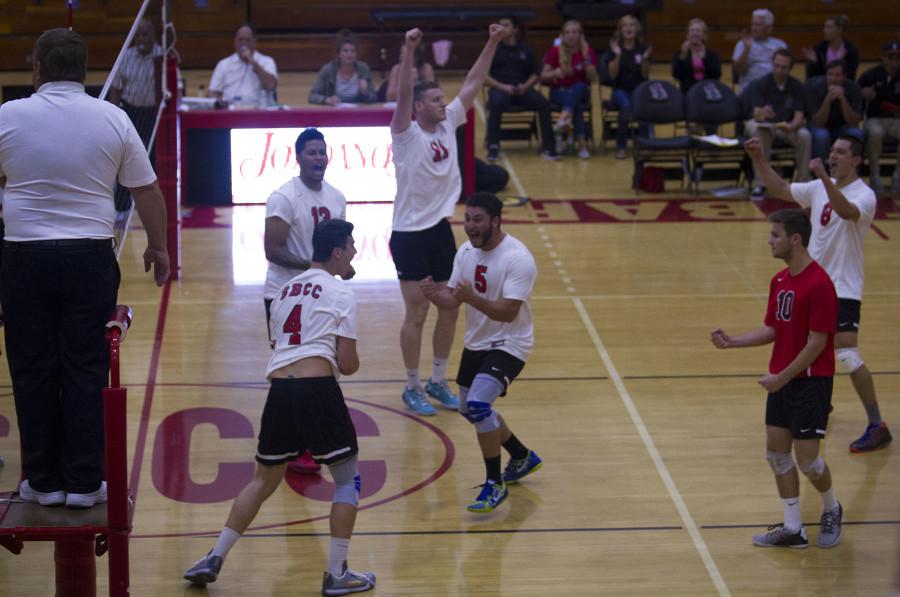City College received a $5.3 million federal grant in September for its faculty-led project, which aims at increasing success among under-served students in the sciences, technology, engineering, and mathematics.
The project, “Removing Barriers to STEM Success,” was created by four City College instructors in the spring. The idea is to get more Hispanic and low-income students to become STEM majors and help them transfer to a four-year university.
“I think a lot of students don’t see some of themselves in these majors, and we hope to change that with this project,” said Associate Mathematics Professor Bronwen Moore, who was a part of the team and helped apply for the grant. “We want more students in STEM because it promises a bright future.”
The U.S. Department of Education awarded the college with a Title III: Strengthening Institutions grant to help implement the project in classrooms. The funding will also be used update classroom resources and train instructors for social and emotional teaching methods.
The college was eligible for applying for the grant in part because of its large Hispanic student population.
Moore, Dr. Jack Friedlander, executive vice president of institutional resources, and Dr. Elizabeth Imhof, co-director and professional development coordinator of the Faculty Resource Center, joined together with other employees to develop the project and apply for the grant in late May.
The team’s research, which mostly comes from on-campus studies, found that many students turn away from these majors because of discouragement, Friedlander said. The group found that these students often have difficulties completing their math requirements.
“Math is a major barrier for students to complete science majors,” he said. “We are looking for students to progress through math at a more expedient manner.”
Friedlander said the project plans to shave off unnecessary math units to help students complete their degrees faster.
The project provides more help for courses many students have a hard time getting a ‘B’ in, Friedlander said. In the spring, the team experimented with “supplemental instruction,” which uses peer-assisted study sessions to help students.
The project created a weekly-tutoring program, which the same groups of students went to throughout the semester to avoid falling behind.
“The theme of this grant is the feeling of belonging,” Imhof said. “We also want our students to feel that they belong socially and culturally.”
The team found that “non-cognitive teaching” boosts student success by a long shot. On-campus focus groups and workshops of both faculty and students were created.
The technique mainly targets students who are the first in their families to go to college by creating a community in the classrooms.
Students often feel disconnected from the college, Imhof said, which hinders them from advancing in their classes. Learning communities, like the Express to Success Program and iPath, have high success rates among students.
“It’s trying a different set of techniques to understand students holistically,” Friedlander said.
The grant money will be put toward providing STEM courses with necessary resources to fully implement the project and increasing students’ success in their educational paths.



